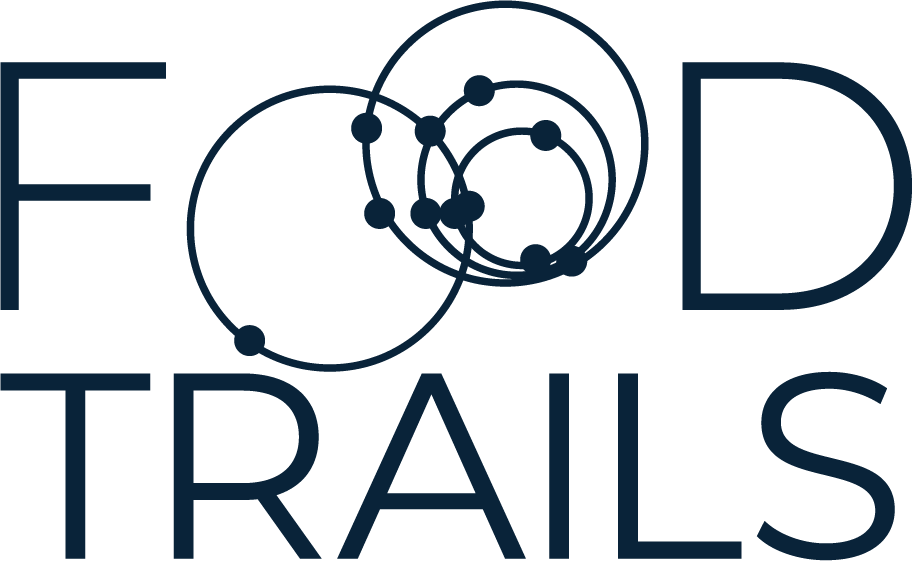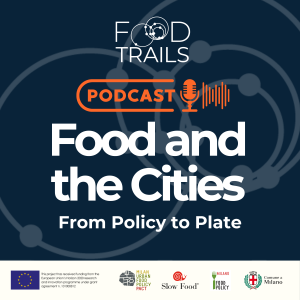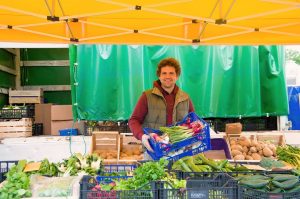Exploring Urban Food Challenges with Food Trails’ Crosscutting Managers
Welcome to the fourth articles of our series dedicated to raising awareness and understanding of the primary challenges related to sustainable urban food systems transformation.
We will examine these challenges through the lens of the 4 pillars of the EU Food 2030 strategy, leveraging the expertise of the Food Trails vertical expert on this topic, the Crosscutting Managers (CCMs).
Our journey began with an in-depth article by Shaleen Meelu, CCM on “Nutrition”. Following this, Alice Casiraghi, CCM on “Circularity”, provided a systemic analysis of circularity in food systems within and beyond cities. Then, we delved into strategies for innovating food systems without leaving communities behind, especially small-scale farmers, with insights from Francisca Feiteira and Yael Pantzer, CCMs on “Communities”.
Now, we will explore the transformative potential of public food procurement, thanks to the article of Betina Bergmann Madsen, Food Trails Crosscutting Manager on “Climate” and Sofie Folsach Rasmussen, Communications employee at the Municipality of Copenhagen.
Food systems play a crucial role in shaping the health of our planet. From production to consumption, they influence environmental sustainability, public health and economic development. The choices we make within our food systems have far-reaching impacts, affecting everything from biodiversity and soil health to greenhouse gas emissions and social equity. A sustainable food system is a cornerstone of a prosperous future.
At the European Union (EU) level, there is a clear commitment to advancing the transition towards sustainable, healthy, and inclusive food systems that respect planetary boundaries. This commitment is embodied within the EU Food2030 policy framework, where “Food systems supporting a healthy planet” stands as one of its four pillars. The pillar emphasizes the importance of developing and implementing innovative approaches that support and promote resilient and environmentally friendly food systems that can adapt to climate change, preserving natural resources, reducing greenhouse gas emissions, boosting biodiversity and ensuring healthy ecosystems and soils as well as fostering sustainable agriculture and aquaculture.
Public food procurement is recognized as a strategic tool in steering the food system towards sustainability and encouraging healthier eating habits. This is both due to the large quantity of food purchased by the public sector and its ability to influence and inspire a healthier and more sustainable food supply. By promoting innovation towards more climate-friendly, plant-based, and healthy products, reducing food waste, and increasing the consumption of organic products – which the EU highlights as part of an overall sustainable food system – public procurement has the potential to make a huge difference in European food systems.
The small changes that can be written into public food procurement tender documents by municipalities may be the decisive factor that contributes to steering the food system in a more sustainable direction. By integrating criteria that prioritize climate-friendly and nutritious food choices, municipalities can aid significant shifts in primary production, both locally and globally, through their procurement strategies, advancing food systems that support a healthy planet.
This article explores how municipalities can utilize public procurement as an innovative tool in driving sustainability within food systems and supporting a healthy planet, following the example of Copenhagen’s potato tender and the involvement of small and medium sized enterprises and small-scale farmers.
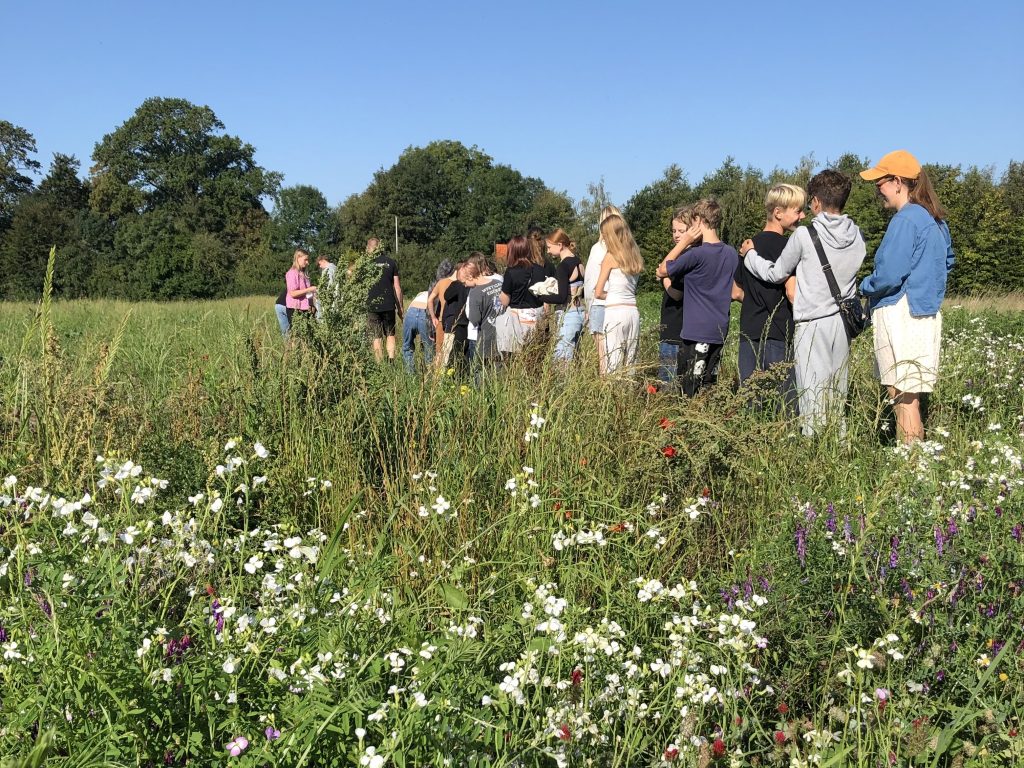
Innovative procurement practices for a sustainable, climate-smart and healthy food system and planet: following the example of Copenhagen and the potato kit case
Public procurement is a dynamic policy area with many innovative experiments being carried out across Europe. Local, municipal and national initiatives point to a more widespread willingness to progressively adopt sustainable public food procurement practices.
In Copenhagen, the municipal kitchens prepare more than 115.000 meals daily, primarily across childcare centers, schools, care homes, and homes for the socially vulnerable. In 2019, the city introduced a new food strategy [1] with the objective of reducing the carbon footprint of meals associated with food service in the municipality by 25% before 2025.
To reach its goals for climate-friendly and healthy meals, the municipality uses food tenders as a tool to promote sustainable change in the food system. For instance, introducing sustainable criteria and targets such as sourcing 90 percent organic food, promoting environmentally friendly transportation, curbing food waste and assigning a climate weight are integral components of the city’s procurement strategy. And as of 2023, more than a year ahead of schedule, the municipality has reached its 2025 goal with a 25% reduction of the climate impact of their food procurement.
As an additional component of its procurement strategy, the municipality of Copenhagen focusses on opening its tenders to small and medium-sized enterprises (SMEs) and local small-scale farmers. This approach is a targeted effort to ensure value for money, enhance seasonality and diversity and foster a more resilient food system while also improving market competition.
Moreover, the city is also looking for the ‘added value’ of purchasing direct from SMEs and small-scale farmers by linking the provision of food to education, specifically, introducing innovative procurement criteria, stipulating that whoever wins the contract must be willing to provide educational sessions for the municipal citizens. This initiative is rooted in the recognition that fostering a lasting, sustainable, and climate-friendly food system and a healthier planet, requires a deep understanding of and respect for the raw ingredients comprising our meals and the processes involved in their production. By enhancing our relationship to and knowledge of food, we lay the groundwork for a more sustainable and resilient food system.
An exemplary case is the recent potato tender, where a local farmer expressed interest in directly supplying potatoes for school meals while also preparing educational lessons on potato cultivation and farming practices for the students. To reinforce the educational aspect of the tender, the school children are offered the opportunity to visit the farm, where they can witness firsthand how organic potatoes are cultivated and actively participate in the process. Potato kits are distributed to school children, enabling them to grow their own potatoes, and the farmer has produced several educational videos available on YouTube [2].
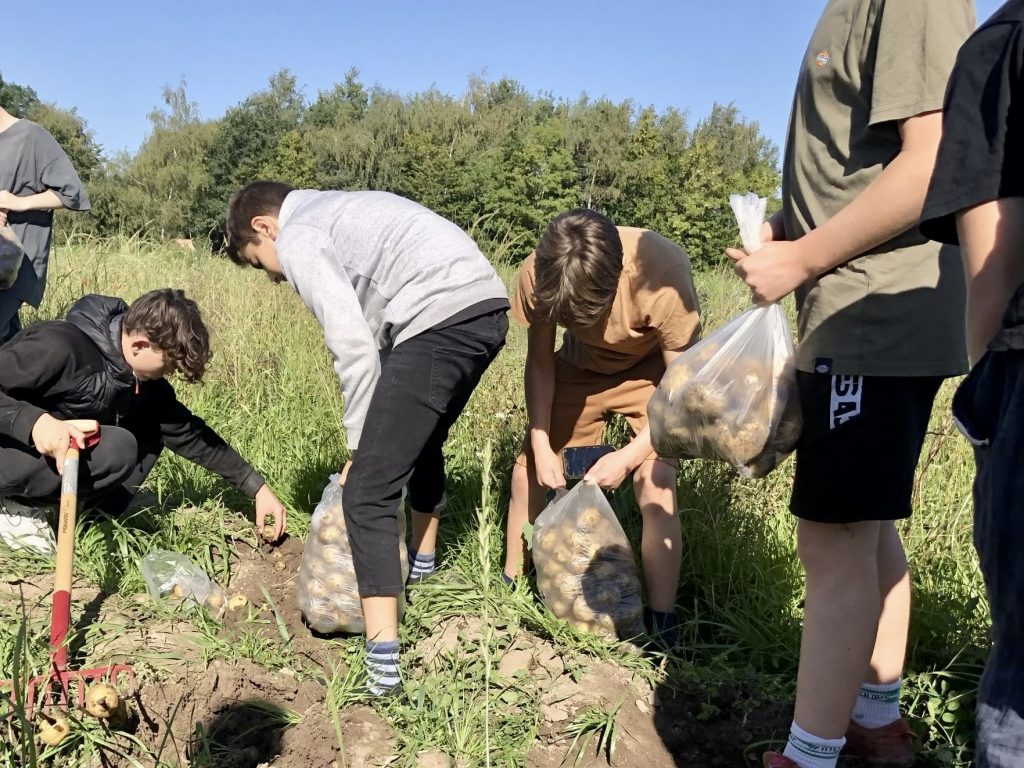
This hands-on approach not only exemplifies the practical implementation of sustainable procurement practices but also enhances children’s understanding of organic potato cultivation, allowing them to grasp the intricacies of production, farming practices, and the journey from farm to plate.
By elevating the role of our procurement system beyond its conventional function, we unlock its immense potential for transformative impact. Public food procurement emerges as a pivotal and strategic tool in reshaping the course of our food systems. By prioritizing sustainable criteria and including the participation of SMEs, we lay the groundwork for a healthier planet for generations to come. Embedded within the Food Trails initiative, Copenhagen’s steadfast commitment lies in harnessing the complete potential of public food procurement to promote a more sustainable, healthy, and climate-friendly food system—one meal at a time.
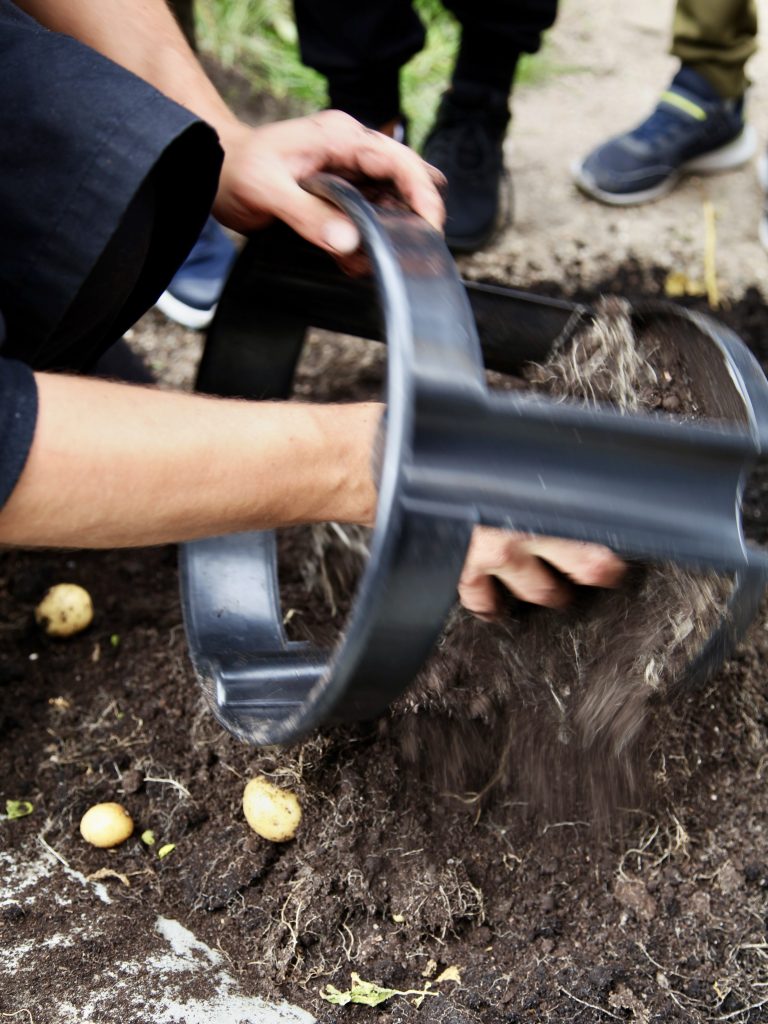

Food Trails' Crosscutting Managers
Within the Food Trails Project, four vertical expert, the Crosscutting Managers, worked to support the 11 partner cities in the development of their living labs and pilot actions, ensuring they adopt a systemic approach. Each of them represent a pillars of the EU Food 2030 strategy: Climate, Communities, Circularity and Nutrition. The CCM have been visiting all the 11 Food Trails cities multiple times to support and see the progress in systemic food system transformation.
The authors:
Betina Bergmann Madsen Food Trails Crosscutting Manager for Food Systems Supporting a Healthy Planet & senior procurement officer at the Municipality of Copenhagen.
Sofie Folsach Rasmussen Communications employee at the Municipality of Copenhagen.
Resources
[1] Copenhagen’s Food Strategy: The City of Copenhagen Food Strategy 2019.pdf (kk.dk)
[2] You can view the farmer’s educational video here: Mejnerts – YouTube
